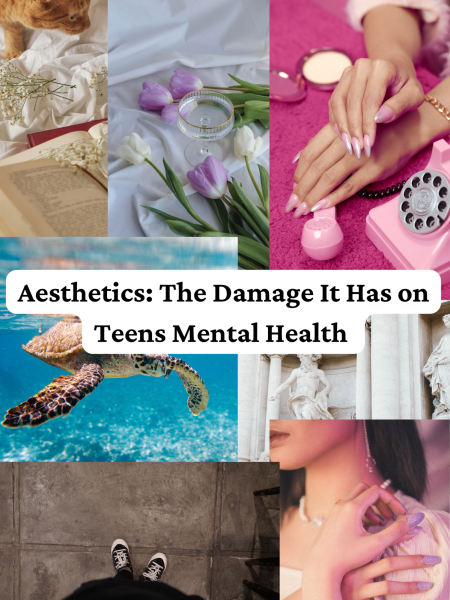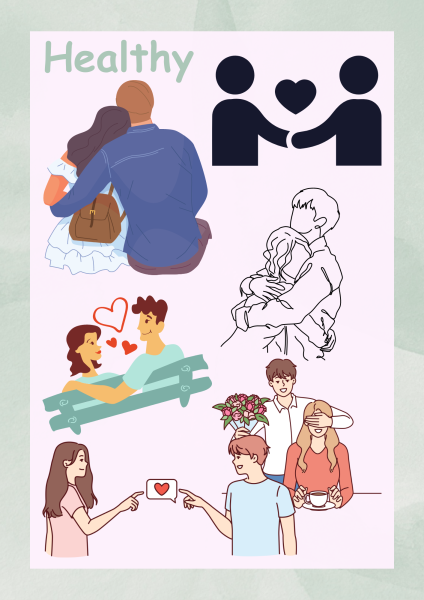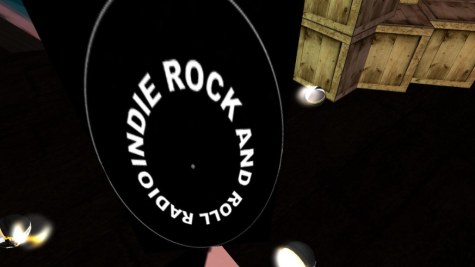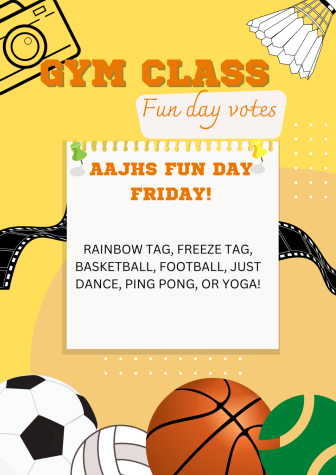Music today proves fiendish
“Songs are pieces of art that go in the ears straight to the heart.” -Anonymous
This quote may be true in many cases, mainly those involving such inspirational and catchy songs as ‘Livin’ on a Prayer’ by Bon Jovi(1986), ‘Man in the Mirror’ by Michael Jackson(1987), ‘Welcome to the Black Parade’ by My Chemical Romance(2006), and ‘Hall of Fame’ by The Script(2012).
However, as anyone may notice, the selective list above contains no songs from the past couple of years, and for what reason?
Some may say it is only because these newer songs have not been around long enough to be considered inspirational classics. Others also may reply that songs today will need about 10 years to stew out and slowly gain popularity like all of the greats.
Nevertheless, songs in this day and age will never be considered inspirational, catchy or particularly pieces anyone would want to go ‘straight to the heart’ no matter how long they’re left out to bake in the popularity of past artists.
Some of the more recent song examples that are being referred to go as follow: ‘Or Nah’ by Ty Dolla $ign(2014), ‘Deepthroat’ by Cupcakke(2016), ‘Swang’ by Rae Sremmurd(2016), and ‘Broccoli’ by D.R.A.M.(2016).
Just their titles alone can bring a vague taste of vomit to one’s mouth, and the lyrics? To allow children and pre-teens to listen to this variety of new-found garbage is frankly depressing.
Again, only unintelligent wannabes would actually listen to these sorts of songs, but the focus of this article isn’t on kids and adults with overlooked hopes and dreams of becoming profanity-filled, rapping deadbeats.
The focus is on the fact no one will find the ‘cultured’ music of young men and women today- people who have actually ruined their lives and reputations by singing about and promoting drugs, sex, and violence- to be inspirational in the future.
Unsurprisingly, the main solution to the issue above will come only when people today begin reconsidering what songs they allow to be placed at the top in trends.
What they need to realize is that these songs and artists who can’t help but swear in every other lyric, the ones who hold the putty for making the newest fashions and word-choices used in music, will further shape how the next generation perceives the art of song (such as the Beatles did to boy bands, Elvis to rock and so forth).
Does a person want one of the about 69 percent of songs that have references to drugs, alcohol, sex or other obscene profanities (that are not at all heart-felt) going straight to their child’s heart?
In answer to those rhetorical questions: no, they do not.
Which is why a change needs to be made in the music industry.
Yes, more inappropriate songs are somewhat catchy to certain individuals; however, no matter if the tune is good or the song grips a person as a personal favorite for his/her collection, there is no reason these songs should be introduced to kids 16 and under. There is no reason for why the lyrics have not changed to be more appropriate, and there is no reason for why these songs exist in the first place.
In the future, they may merely be examples of how utterly moronic music was ‘back in the day’, but focusing on the effects they will have now and in the long run makes all the difference.
Songwriters should be aware of the songs they put out for the whole world to see, they never know what affect it might have on kids and the overall population of America.
Aurora Soural is currently a ninth grade student at the Altoona Area Junior High School. Aurora's hobbies include reading, writing, drawing and cooking.










